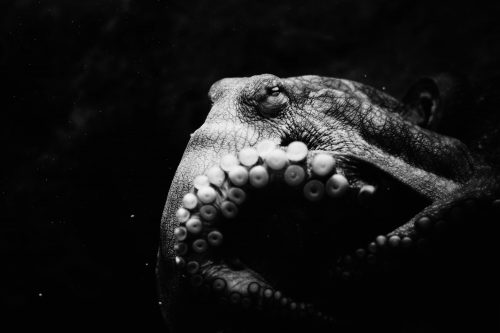We need to start thinking of organizing as a dirty word. It is a sneaky little profanity that keeps us from simplifying our lives.
Our televisions would have us believe there’s a battle being fought on the consumption continuum, a battle between the organizers and the hoarders—and from our couches it’s hard to see who’s winning.
We posit to you these two sides are working together, colluding to achieve the same thing: the accumulation of more stuff. One side—the hoarders—does so overtly, leaving everything out in the open, making them easy targets to sneer at. But the other side—the sneaky organizers—are more covert, more systematic, more devious when it comes to the accumulation of stuff. Ultimately, though, organizing is nothing more than well-planned hoarding.
Sure, both sides go about their hoarding differently, but the end result is not appreciably different. Whether our homes are strewn with wall-to-wall material possessions or we have a complex ordinal item-dispersal system, color-coded and alphabetized, we’re still not dealing with the real problem.
No matter how organized we are, we must continue to care for the stuff we organize, cleaning and sorting our methodically structured belongings. When we get rid of the superfluous stuff, we can focus on life’s more important aspects: we can spend the day focusing on our health, on our relationships, on pursuing our passions—or we can reorganize the basement again.
Once the excess stuff is out of the way, staying organized is much easier.
Read this essay and 150 others in our new book, Essential.

